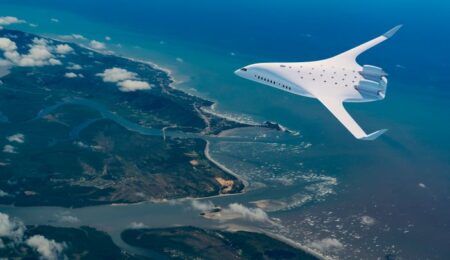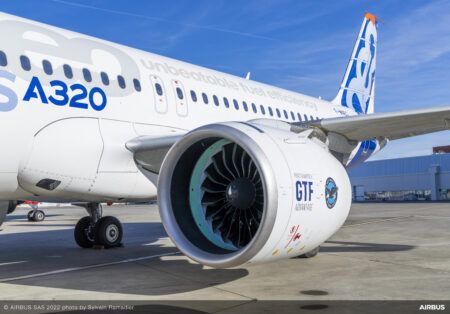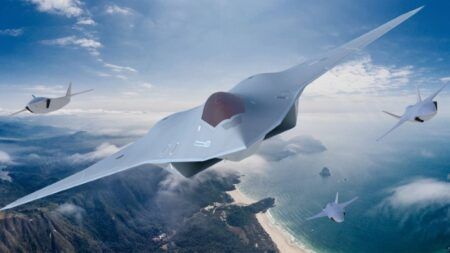Cranfield University in the UK has opened a new research institute dedicated to developing technologies for use in air and space propulsion and power systems.
The Cranfield Air & Space Propulsion Institute (CAPSI) aims to work with industry, academia and government in areas such as sustainable fuels, combustion, materials and manufacturing, controls, electrification, thermal management, aerodynamics and systems integration.
The resulting developments are expected to have an impact in space flight, hypersonic sub-orbital flight, supersonic flight, subsonic flight and urban air mobility.
CASPI is being led by Vassilios Pachidis, professor of propulsion integration engineering and head of centre for propulsion at Cranfield University. He said, “We’ll be developing rapid prototyping and testing, and patents for new technologies. There’s a bright future of collaboration ahead of us in the Institute, which will deliver new scientific knowledge and technology.”
More than 25 industry, academic and government organizations are already involved with projects at the Institute. Dr Christian Schmierer, co-CEO at HyImpulse Technologies said, “CASPI offers great know-how and facilities to advance propulsion technology and space propulsion.
“It also creates a new platform for cooperation between university and industry, research and industrial development, bringing in different industries, who need solutions to the same problems.”
In November 2021 academics involved in CASPI, working closely with company Pulsar Fusion, facilitated a successful chemical rocket engine propulsion test at Cranfield’s Ordnance Test and Evaluation Centre (COTEC).
Professor Helen Atkinson, pro-vice chancellor of the school of aerospace, transport systems and manufacturing at Cranfield University said, “The need to reduce the environmental impact of the aerospace sector – especially on climate change – is becoming ever more urgent. Developing greener propulsion capabilities and manufacturing processes is a key part of this.
“CASPI will provide an interdisciplinary approach to deliver integrated, sustainable air and space technologies for the future.”





